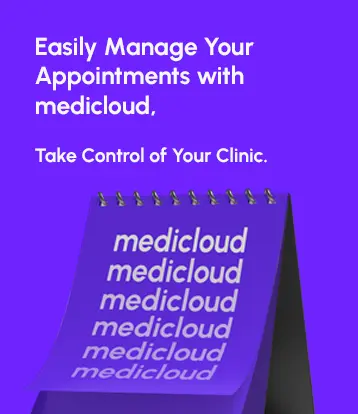Migrating to a New Dental Software: Steps for Success
Introduction
Hey there, tech-savvy dentists and dental professionals! 🦷 If you’re here, you’re probably thinking about switching gears and migrating to a new dental software to improve your practice. But hey, we get it—migrating to a new system can sound daunting, right? Worry not, because we’ve put together a comprehensive guide to make the transition smoother. Plus, we’re going to spotlight MediCloud, a dental practice management software that has been a game-changer for many practices.
Why Consider Switching to a New Dental Software?
Meet Evolving Needs
As your practice grows, your needs change. Your old software might not be able to keep up with these changes.
Access New Features
Emerging dental software solutions come with a plethora of new features designed to improve practice management.
Enhance User Experience
Newer software solutions often have more intuitive user interfaces and better user experience.
Steps for a Successful Migration
Step 1: Assess Your Current Situation
Before jumping the gun, take stock of your current software—what works, what doesn’t, and what additional features you’d like to have.
Step 2: Set Clear Objectives
Define the goals you hope to achieve with the new software. Whether it’s improving patient engagement, streamlining appointment scheduling, or enhancing data security, be clear about your objectives.
Step 3: Choose the Right Software
Look for a dental software solution that aligns with your needs and objectives. Make sure to request demos and compare different options.
Step 4: Develop a Migration Plan
Create a detailed migration plan, including a timeline, responsibilities, and key milestones.
Step 5: Assemble a Migration Team
Form a team of employees who will be responsible for managing various aspects of the migration.
Step 6: Train Your Staff
Training is crucial for a smooth transition. Make sure to allocate time for staff to become acquainted with the new software.
Step 7: Test the Migration
Before you fully migrate, perform a test run to catch any issues that may arise.
Step 8: Implement the Software
Once you’re satisfied with the test run, go ahead and implement the software in your practice.
Step 9: Monitor and Evaluate
After migration, continue to monitor the software’s performance and make adjustments as needed.
Common Pitfalls to Avoid
Ignoring Staff Input
Involving staff in the decision-making process ensures that you choose a software that everyone can use effectively.
Poor Planning
Failure to plan can lead to extended downtimes, data loss, and staff frustration.
Inadequate Training
Without proper training, you risk not using the software to its full potential, negating any advantages it could bring to your practice.
How MediCloud Can Make the Migration Easier
Migrating to a new dental software can be a complex process, but with MediCloud, much of the stress is alleviated. Here’s how:
Robust Support Team
MediCloud provides a robust support team to guide you through every step of the migration process.
Intuitive Interface
The user-friendly interface ensures that your team will find it easy to adapt to the new system.
Secure Data Migration
MediCloud places a strong emphasis on the secure and efficient transfer of your patient and practice data.
Comprehensive Training Modules
MediCloud offers extensive training resources to make sure your team is well-prepared.
Customizable Features
Adapt the software to meet the unique needs of your practice, ensuring a seamless transition.
Final Thoughts
Migration might appear to be a monumental task, but with proper planning, the right team, and a stellar software like MediCloud, it’s entirely manageable and worth the effort.



